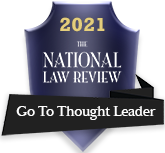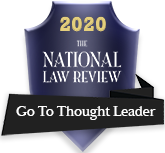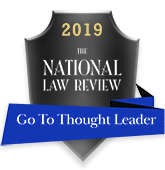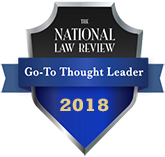von Briesen & Roper, s.c. is not your traditional law firm. We transform the traditional law firm into a modern platform for legal innovation. We combine our industry leading expertise with innovative technology and a creative approach to problem-solving to generate game-changing advantages for our clients.
Recognized as a great place to work and founded on our core values of unparalleled service and recognized expertise, we provide innovative, cost-effective, value-added and practical legal advice and effective representation.
Founded in 1904, we are today more than 200 professionals strong with offices throughout Wisconsin and in Chicago. Our practice is global, national, regional and local and we are regularly chosen by industry leaders for their most significant and complicated legal matters while at the same time assisting growing businesses, startups and entrepreneurs in addressing their legal needs. Neither “Big Law” nor a “small firm”, we fit the niche that sophisticated consumers of legal services seek.
















